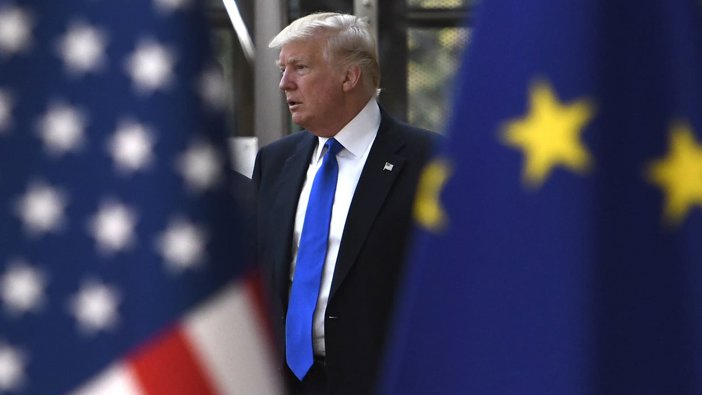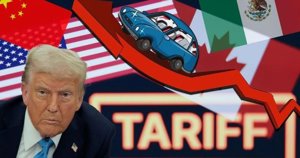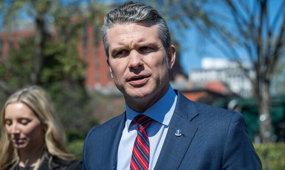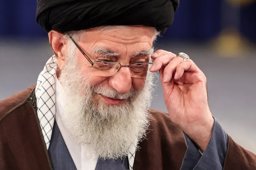
EU Pauses Tariffs, Talks LNG with US
The European Union has decided to delay its planned countermeasures against United States tariffs for 90 days, opening the door to negotiations with President Donald Trump’s administration. The decision was announced by European Commission President Ursula von der Leyen, who noted that discussions would begin immediately, though the EU stands ready to implement duties if talks fail. "If negotiations are not satisfactory, our countermeasures will kick in," she said.
The move follows Trump’s approval of a three-month suspension of tariffs targeting countries that have not retaliated. While most nations benefited from the pause, China faced an escalation in duties. Trump explained that no new tariffs were applied to the EU because “it’s bad timing for them.” US Commerce Secretary Howard Lutnick added that the EU only “threatened” to impose tariffs and selected a future date for possible implementation, which the US expects may be delayed further.
In parallel, the EU is weighing increased purchases of liquefied natural gas (LNG) from the US, following pressure from the Trump administration. European Commissioner for Energy and Housing Dan Jorgensen confirmed that discussions are underway, but stressed that any deal must align with the bloc’s environmental transition goals. "There is potential for us to buy more LNG from the US, but of course it needs to be on conditions that are also in line with our [green] transition," he told the Financial Times.
However, Jorgensen noted that the EU has limited influence over private companies’ buying decisions. Earlier in the week, the EU signaled readiness to discuss Washington's LNG proposals, but declined to commit to specific targets, such as the €350 billion figure reportedly suggested by President Trump.
European Commission spokesperson Olof Gill emphasized that the EU will use the current pause to “analyze and reflect,” and will consult member states and industry leaders. “Our key goal remains to get the US to the negotiating table,” Gill stated, suggesting that mutually beneficial outcomes remain possible. At the same time, he acknowledged that US tariffs on cars and the 10% levy on all imports remain in force, and reiterated that all options remain on the table.
As both sides explore negotiation and strategic positioning, the next 90 days will prove crucial. Whether diplomacy prevails or the dispute escalates further could significantly impact transatlantic trade, energy markets, and geopolitical relations.






